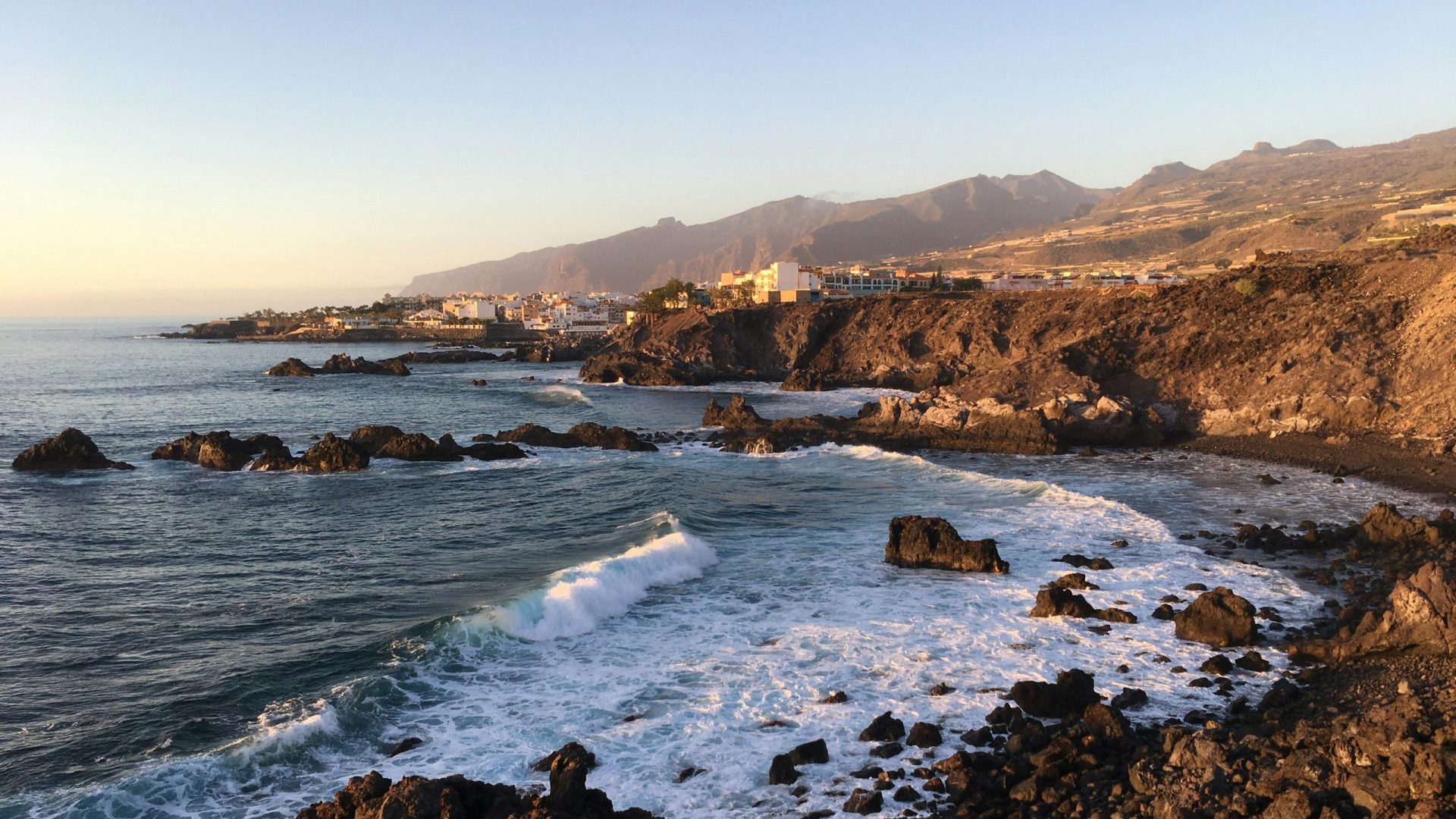
The Canary Islands receive nearly seven times more international tourists each year than their total population. And that, local residents say, is far too many.


The Canary Islands receive nearly seven times more international tourists each year than their total population. And that, local residents say, is far too many.
The Canary Islands are in the midst of an unusual game of tug-of-war: Residents are calling for a tourism hiatus to sort out the damaging environmental, economic, and community impacts of overtourism. At the same time, the government is ‘begging’ tourists not to cancel their holidays.
Last weekend, tens of thousands of people across the islands protested the current state of tourism in their home, asking the Spanish government to restrict tourist arrivals temporarily. Spanish citizens held rallies elsewhere in support of the protests, too, including in Madrid, Barcelona, and even in London. There, protesters asked Brits to choose another destination for their next vacation.
“We are not against tourism, but every nook and cranny is being taken over,” 21-year-old Jaime Quintero told the Express during the protest in Tenerife, where an estimated 120,000 people gathered to demand restrictions on tourism in the islands. “We want to change it to make it more sustainable.” Quintero added that beaches are usually cluttered with garbage. “We want to address the misconception that we don’t want tourists. We are here to change tourism. This island is beautiful, and if we don’t protect it, there will be nothing for the tourists to see.”
The Canary Islands have a year-round population of about 2.2 million people, and nearly seven times as many people visit each year. In 2023, about 14 million people visited. Tourism makes up more than a third of the Islands’ GDP, but like many other tourism hotspots worldwide, residents in the Canaries have struggled to find affordable housing in the face of expensive tourist infrastructure.
“The priorities of the citizens of the country are left behind,” teacher Lydia Morales told the Express. “We don’t have a hospital in the south of the island. The infrastructure is collapsing because there is so much traffic.”
In London, the rally was aimed directly at British vacationers. Many visitors to the Canaries are foreign owners of holiday homes. Now that the UK is no longer part of the EU, that means British second homeowners are legally prohibited from becoming year-round residents—and, therefore, meaningful community staples—without applying for residency visas. Up to one million British citizens own real estate in Spain, but fewer than half of them have residency status there.
The Spanish government has been considering relaxing rules for British holiday homeowners so they can stay longer than 90 days in every 180-day period, but in the meantime, many Brits are reportedly selling their homes as they can no longer stay for many months at a time as they once did. This shift is also impacting communities and local businesses, one Scottish pub operator told Yahoo. Perhaps the shift is encouraging more short holidays rather than supporting longer, slower stays, which are generally considered more sustainable.
“I knew a lot of people who would come [to Tenerife] for months at a time and be here every night,” Lisa Robertson, who runs Jags Bar, said. “I haven’t seen them [since the rules changed]. There are lots of people like that. It’s quite hard.”
France also considered such a rule to relax residency restrictions for second homeowners, but the idea was ruled unconstitutional in January.
The protests have raised ethical questions for visitors who have holidays planned to the island. A week before the protests, newspapers reported that at least half a dozen activists were on an indefinite hunger strike to protest the construction of new hotels. Other angry residents have engaged in anti-tourist graffiti and vandalism, painting clear messages demanding tourists go home.
There have reportedly been concerns about a mass holiday cancellation in response to protests. But should travelers actually cancel their trips? Government officials say no, according to many British newspapers who described officials’ language as “begging” or “pleading” visitors not to change their plans.
Even still, the government has acknowledged they’ve heard the protesters’ messages. As one way to mitigate tourist impact—or at least generate more revenue from it—the Canary Islands President Fernando Clavijo said the government is open to considering a new tourist tax, according to Yahoo News. Tourist taxes are increasingly becoming a way for cities and countries to support conservation and infrastructure initiatives to mitigate the impacts of tourism. In the Canries, the new tax could be up to three euros per night.
In the meantime, the tourism board has made it clear they want travelers to keep their plans.
“It is still safe to visit the Canary Islands, and we are delighted to welcome you,” regional tourism chief Jessica de León told The Telegraph, adding that she believes it’s “unfair to blame tourism” for residents’ housing frustrations.
***
Adventure.com strives to be a low-emissions publication, and we are working to reduce our carbon emissions where possible. Emissions generated by the movements of our staff and contributors are carbon offset through our parent company, Intrepid. You can visit our sustainability page and read our Contributor Impact Guidelines for more information. While we take our commitment to people and planet seriously, we acknowledge that we still have plenty of work to do, and we welcome all feedback and suggestions from our readers. You can contact us anytime at hello@adventure.com. Please allow up to one week for a response.

Kassondra Cloos is a travel journalist from Rhode Island now living in London. Her work focuses on slow travel, urban outdoor spaces and human-powered adventure. She has written about kayaking across Scotland, dog sledding in Sweden and road tripping around Mexico. Her latest work appears in The Guardian, Backpacker and Outside, and she is currently section-hiking the 2,795-mile England Coast Path.






Can't find what you're looking for? Try using these tags: